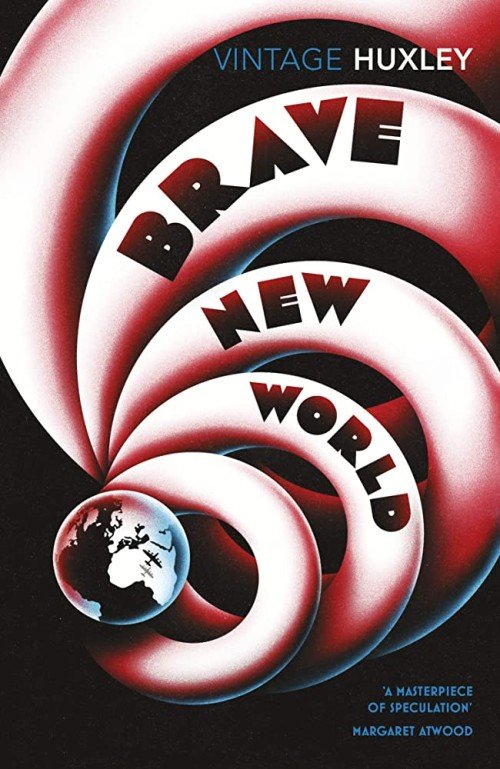
"Brave New World" by Aldous Huxley is a classic dystopian novel that has become a staple of English literature. Published in 1932, the book takes place in a futuristic society where people are genetically engineered and conditioned to conform to a strict social hierarchy. The novel is a critique of the dangers of science and technology when used for the wrong purposes and warns of the dangers of a society that values conformity over individuality.
The story is set in a world where people are bred in labs and sorted into castes based on their intelligence and abilities. The novel's protagonist is Bernard Marx, a member of the upper echelon of society who is plagued by feelings of isolation and disillusionment with his life. He becomes fascinated by a woman named Lenina, who is content with her role in society and happy to conform to its norms.
As the story progresses, Bernard and Lenina travel to a reservation where they meet a group of people who live outside of the government's control. This group is free to think and act as they please, and Bernard is fascinated by their independence and individuality. However, Lenina is horrified by their lack of social conditioning and the fact that they still engage in monogamous relationships and have children.
The novel's central conflict arises when Bernard brings one of the reservation's inhabitants, a man named John, back to the city. John is a symbol of everything that is wrong with the society he has grown up in, and he becomes a source of fascination for the upper classes. However, John is unable to adjust to the constraints of this new society and becomes increasingly disillusioned with its lack of freedom and individuality.
Throughout the book, Huxley explores the themes of individuality, conformity, and the dangers of scientific progress. He shows how a society that values conformity over individuality can lead to a loss of creativity and diversity, and how science can be used for the wrong purposes if not tempered by moral and ethical considerations.
"Brave New World" by Aldous Huxley is a thought-provoking and cautionary tale about a dystopian future society. The book explores themes such as individuality, conformity, the role of science and technology, and the dangers of a society that values efficiency and productivity over human emotions and creativity.
The story is set in a future world where people are genetically engineered and conditioned to conform to a strict social hierarchy. The novel's protagonist, Bernard Marx, is a member of the upper classes who becomes disillusioned with the society he lives in and begins to question its values. He is fascinated by a woman named Lenina, who is content with her role in society and happy to conform to its norms.
As the story progresses, Bernard and Lenina travel to a reservation where they meet a group of people who live outside of the government's control. This group is free to think and act as they please, and Bernard is fascinated by their independence and individuality. However, Lenina is horrified by their lack of social conditioning and the fact that they still engage in monogamous relationships and have children.
The novel's central conflict arises when Bernard brings one of the reservation's inhabitants, a man named John, back to the city. John is a symbol of everything that is wrong with the society he has grown up in, and he becomes a source of fascination for the upper classes. However, John is unable to adjust to the constraints of this new society and becomes increasingly disillusioned with its lack of freedom and individuality.
Overall, "Brave New World" is a well-written and thought-provoking book that raises important questions about the role of science and technology in society, the importance of individuality, and the dangers of conformity. While the novel is over 80 years old, its themes and messages are still relevant today, and it is definitely worth reading for anyone interested in dystopian literature or the role of technology in society.
"Brave New World" has become a classic of dystopian literature and continues to be relevant today. It remains a cautionary tale about the dangers of a society that values conformity over individuality and the importance of maintaining a balance between scientific progress and moral considerations.








